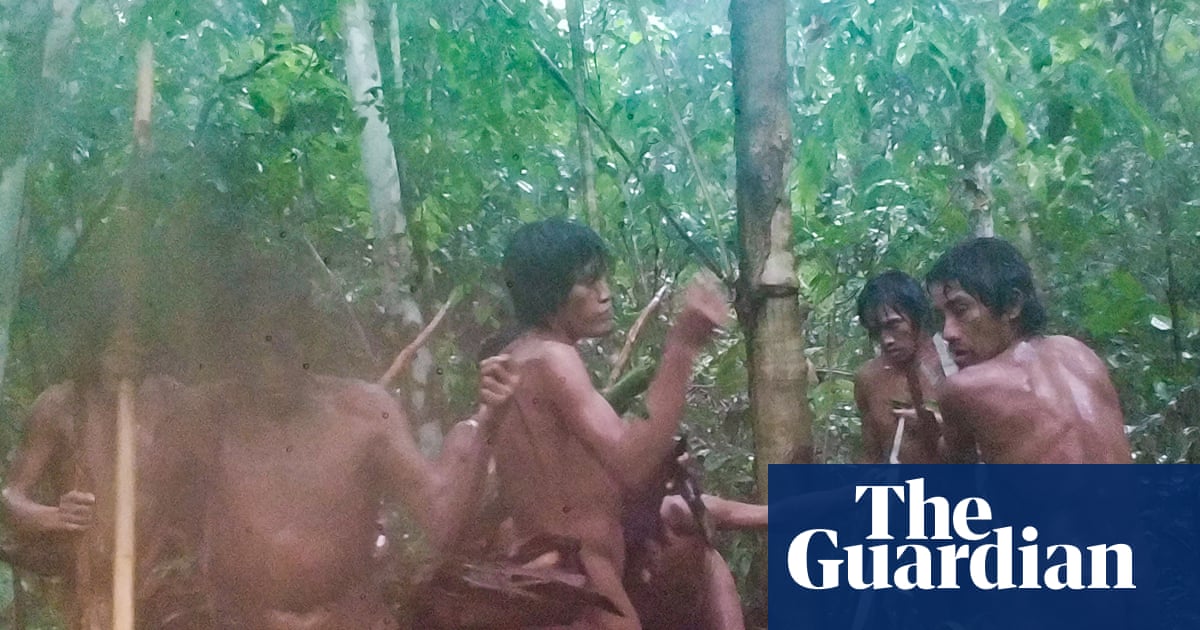Summary
Images from automatic cameras reveal the first detailed glimpse of the isolated Massaco community in the Brazilian Amazon, estimated to have doubled in size since the 1990s to 250 people.
Despite threats from ranchers, loggers, and miners, the Massaco remain resilient, using strategies like spikes to deter outsiders.
Brazil’s no-contact policy, initiated in 1987 to protect isolated Indigenous peoples from disease and exploitation, has led to population growth among similar groups.
However, chronic underfunding and illegal encroachments continue to threaten these communities and the forests they protect.



I find it interesting that they don’t wear clothes but shave their face. I wonder if most indigenous tribes shave.
I don’t think they’re shaved, it’s just a lot of the indigenous peoples of the Americas grow little-to-no facial hair to begin with.
Interesting. Why?
Heat maybe? Hair in general helps trap heat, and in the rainforest that’s not so helpful. Hot and humid I imagine you want that sweat to evaporate as fast as possible. All the airflow.
Why not? Natural selection might have pressured facial hair out or their ancestors that crossed the Baring Strait mostly had none and there was no selective pressure for facial hair.